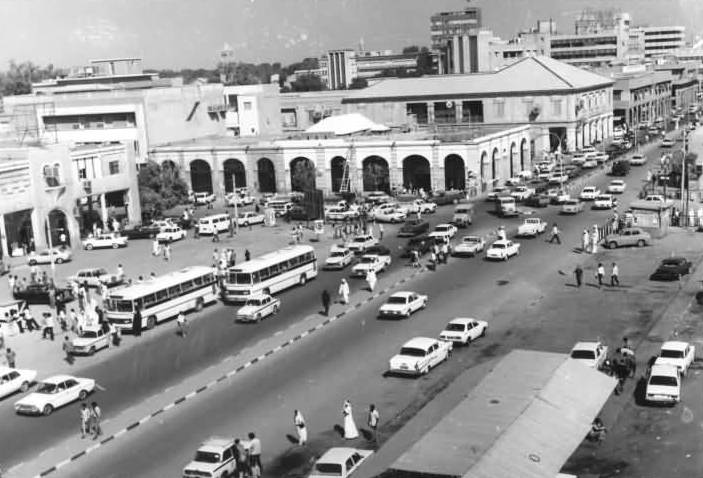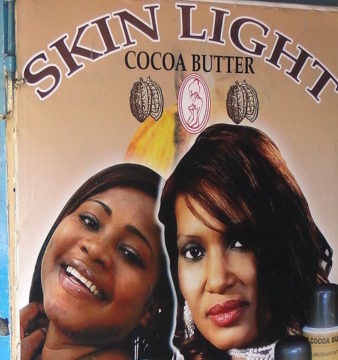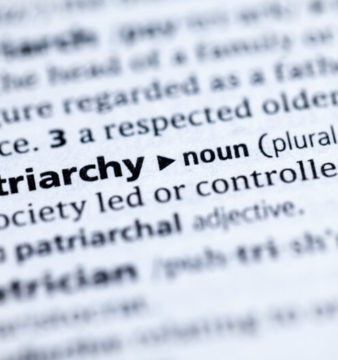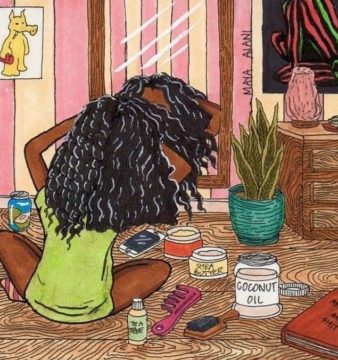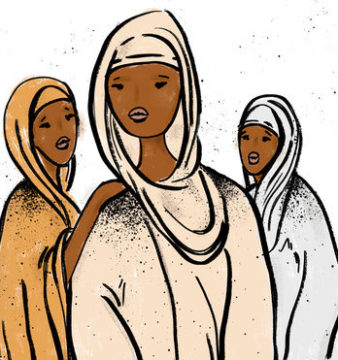Getting our Sudan back
My visit to Sudan in December 2011, was different than any other visit. It was the first time I walked the streets of Khartoum as the capital of the north, literally. After South Sudan had divorced us, I felt the people’s vibes of stricken hopelessness. Just trying to get by. Nothing more worth the trouble. Decades of civil war and “jihad” to divide in the end anyways. Putting one’s child through school with a lunch bag is more than one could hope for. A job would be the cherry on top.
In one of my Amjad rides with my cousin, we talked about the retardation of the country’s economy, education and healthcare systems. The Amjad driver chipped in with his own share of miseries. My cousin then wisely shrugged: “Yaho dal Sudan” (this is Sudan), and the driver laughed along in agreement. This is Sudan, it’s always been and always will be in retardation. I blew.
“No,” I retorded instantly. “This is not our Sudan”.
An unusual habit I have for a young woman, I only hang out with older people. I glue myself to my grandmother whose memory is razor sharp, my old aunts and uncles, old parents in law, old neighbours. Heck, even my husband is 10 years older than me. I simply cannot live without this enrichment, their experience, their stories, this spectrum of perspective, these rich conversations. With all the company of those good people, I knew one thing for sure. This is not our Sudan.
What was Sudan, then? Frankly, I can’t say. I haven’t had the fortune of being born in that era to experience it first hand, where my mother could get her imported dresses that were a carbon copy of Su’ad Hosni’s style, her hair elegantly put up like Faten Hamamah; or as yellow-rimmed black and white photos of Sudan in my uncle’s collection showed proud buildings, clean streets and vegetation all around. For a while I thought they were simply pulling my leg, amusing themselves with my innocence as a child. The photos, though, and my grandmother’s nostalgic smile as she gazes into the distance remembering her days, cannot be anything but real.
That Sudan lives in our spirit through the eyes and sentiments of our parents, grand parents and great grand parents. We weren’t born into that bliss, we experienced Sudan – deeply or briefly – at its rock bottom, but we love it still. We can be the whiniest bunch, not a day passes without us complaining about the country, or its weird weather, not just because we love a classic nag, but because we actually do have quite a few things to complain about. Yet like an old married couple, we just cannot live not loving Sudan still. Today, these young folks, like me, who have never experienced that real Sudan, are out with nothing but their cries, trying to get it back.
*featured thumbnail photo: Memoirs of a Sudanese Breath

